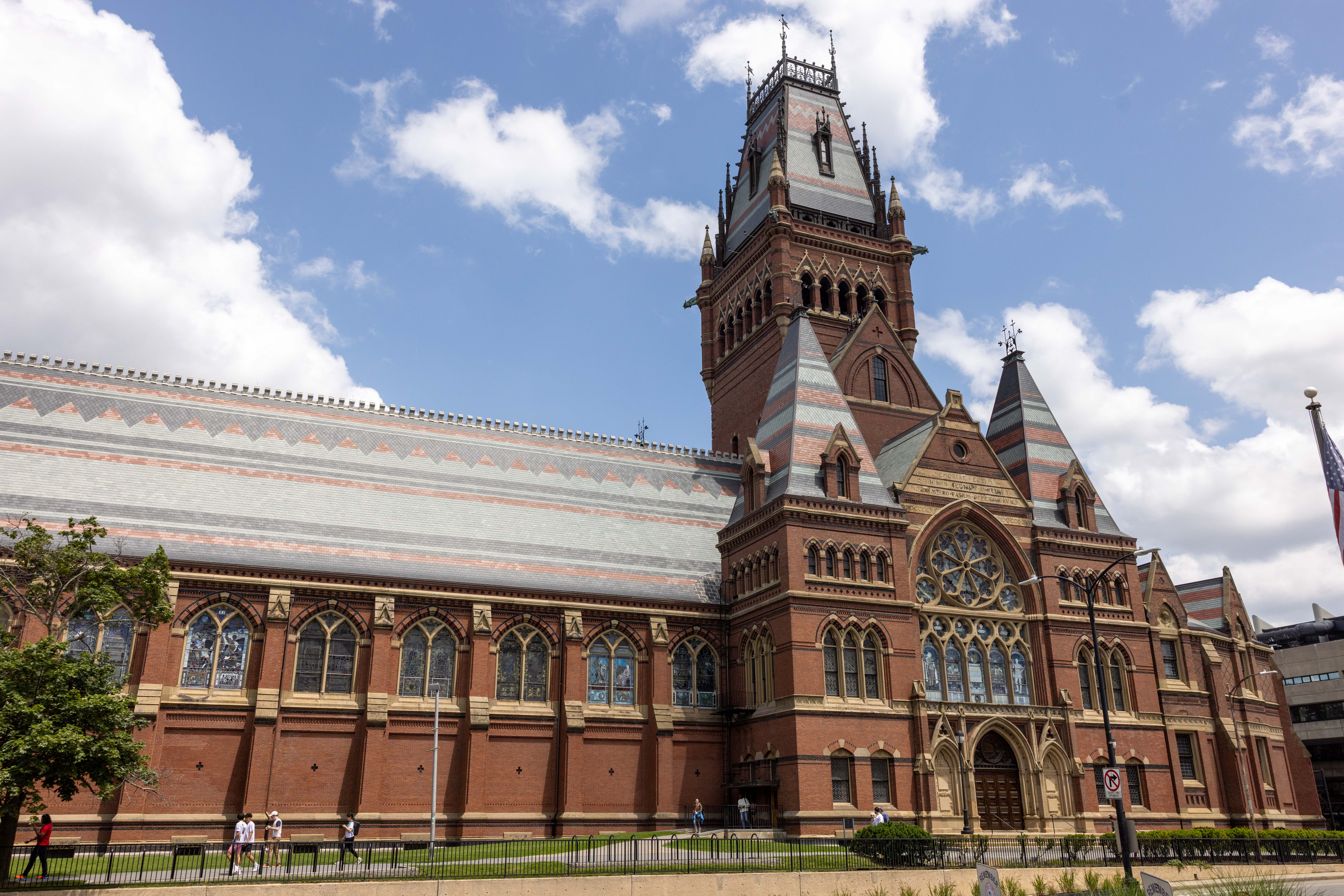Claudine Gay is now officially at the helm of Harvard University. Her official first day as the institution’s President was July 1. She is the first Black person or person of color to ever hold that title in the university’s 386-year history.
It was first announced in December 2022 that Gay would become Harvard’s 30th president. She succeeded Lawrence S. Bacow, who stepped down in June 2023.
Gay joined Harvard’s faculty in 2006 as an expert on democracy and political representation in the Government Department. She became dean of the FAS’s Social Sciences Division in 2015. She then moved into the role of dean of Harvard’s Faculty of Arts and Sciences in 2018.
“When I imagine Harvard in the years ahead, I see a university that is even more connected to the world through our scholarship,” Gay said at an event announcing her selection as president in December 2022. “The idea of the ivory tower — that is the past, not the future, of academia. We don’t exist outside of society, but as part of it.”
Affirmative Action Response
Gay’s first official day as president came just days after the Supreme Court decision to strike down affirmative action in college admissions. In a video message in response to the Supreme Court ruling, Gay stressed that Harvard would continue its efforts to prioritize diversity.
“The Supreme Court’s decision on college and university admissions will change how we pursue the educational benefits of diversity,” she said. “But our commitment to that work remains steadfast, is essential to who we are, and the mission that we are here to advance.”
Following the Supreme Court ruling on affirmative action, a lawsuit was filed by three minority advocacy groups against Harvard University’s governing body.
The suit accuses Harvard of discrimination over its legacy admissions process — claiming that the university gives preferential treatment to children of wealthy donors and alumni. The suit details that students who receive this preferential treatment are “overwhelmingly White” and represent as much as 15% of admitted students.
“This preferential treatment has nothing to do with an applicant’s merit. Instead, it is an unfair and unearned benefit that is conferred solely based on the family that the applicant is born into,” Lawyers for Civil Rights said in a news release. “This custom, pattern, and practice is exclusionary and discriminatory. It severely disadvantages and harms applicants of color.”
The lawsuit was filed by the Lawyers for Civil Rights group on behalf of the Chica Project, the African Community Economic Development of New England, and the Greater Boston Latino Network. The suit is citing the recent Supreme Court ruling on affirmative action to support its discrimination claims.
